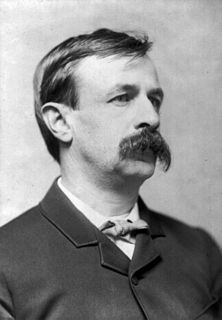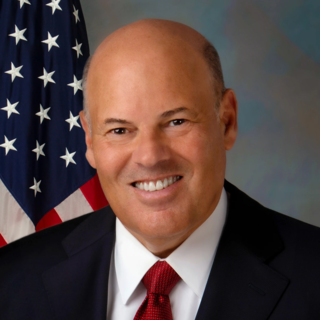A Quote by William Ralph Inge
The great discovery of the nineteenth century, that we are of one blood with the lower animals, has created new ethical obligations which have not yet penetrated the public conscience. The clerical profession has been lamentably remiss in preaching this obvious duty.
Related Quotes
THE NINETEENTH CENTURY SPREAD OF CHRISTIANITY WAS DUE PRIMARILY TO A NEW BURST OF RELIGIOUS LIFE EMANATING FROM THE CHRISTIAN IMPULSE. . . . NEVER IN ANY CORRESPONDING LENGTH OF TIME HAD THE CHRISTIAN IMPULSE GIVEN RISE TO SO MANY NEW MOVEMENTS. NEVER HAD IT HAD QUITE SO GREAT AN EFFECT UPON WESTERN EUROPEAN PEOPLES. IT WAS FROM THIS ABOUNDING VIGOR THAT THERE ISSUED THE MISSIONARY ENTERPRISE WHICH DURING THE NINETEENTH CENTURY SO AUGMENTED THE NUMERICAL STRENGTH AND THE INFLUENCE OF CHRISTIANITY.
Given that the nineteenth century was the century of Socialism, of Liberalism, and of Democracy, it does not necessarily follow that the twentieth century must also be a century of Socialism, Liberalism and Democracy: political doctrines pass, but humanity remains, and it may rather be expected that this will be a century of authority ... a century of Fascism. For if the nineteenth century was a century of individualism it may be expected that this will be the century of collectivism and hence the century of the State.
EARTH DAY uses one of humanity's great discoveries, the discovery of anniversaries by which, throughout time, human beings have kept their sorrows and their joys, their victories, their revelations and their obligations alive, for re-celebration and re-dedication another year, another decade, another century, another eon.
I have been scientifically studying the traits and dispositions of the "lower animals" (so-called,) and contrasting them with the traits and dispositions of man. I find the result profoundly humiliating to me. For it obliges me to renounce my allegiance to the Darwinian theory of the Ascent of Man from the Lower Animals; since it now seems plain to me that that theory ought to be vacated in favor of a new and truer one, this new and truer one to be named the Descent of Man from the Higher Animals.
I think everybody in this generation, and I'm the leading edge of the baby boom - I was born in 1946 - has benefitted from a 30-year explosion of debt, which created temporary but unsustainable economic prosperity and a financialization of the system through lower, and lower, and lower interest rates that has created massive rewards to speculation but not real investments so I benefitted from it. Almost everyone who has been in the market has benefitted but they didn't earn it.
I cannot sufficiently celebrate the glorious liberty that reigns in the public libraries of the twentieth century as compared with the intolerable management of those of the nineteenth century, in which the books were jealously railed away from the people, and obtainable only at an expenditure of time and red tape calculated to discourage any ordinary taste for literature.


































